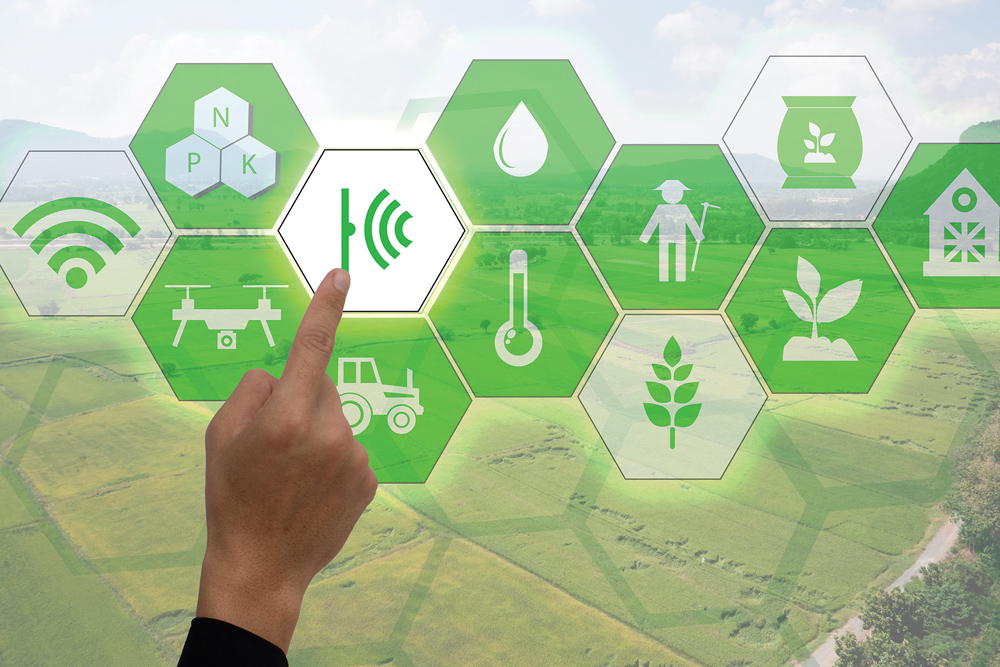Responsible innovation that considers the wider impacts on society is key to smart farming, according to researchers at the University of East Anglia (UEA).
Agriculture is undergoing a technology revolution supported by policy-makers around the world. While smart technologies will play an important role in achieving improved productivity, critics have suggested that consideration of the social impacts is being sidelined.
In a new journal article David Rose and Jason Chilvers, from UEA’s School of Environmental Sciences, argue that the concept of responsible innovation should underpin the so-called fourth agricultural revolution, ensuring that innovations also provide social benefits and address potentially negative side-effects.
Read Also

Tie vote derails canola tariff compensation resolution at MCGA
Manitoba Canola Growers Association members were split on whether to push Ottawa for compensation for losses due to Chinese tariffs.
Each of the previous revolutions was radical at the time — the first representing a transition from hunting and gathering to settled agriculture, the second relating to the British Agricultural Revolution in the 18th century, and the third to postwar productivity increases associated with mechanization and the Green Revolution in the developing world.
The current ‘agri-tech’ developments come at a time when many countries and companies are funding as research into ‘Agriculture 4.0’ using artificial intelligence, robots and big data.
“All of these emergent technologies have uses in farming and may provide many benefits,” Rose said.
The two also warn agri-tech could also have side-effects, bringing potential environmental, ethical, and social costs.
“In light of controversial agri-tech precedents, it is beyond doubt that smart farming is going to cause similar controversy.”















